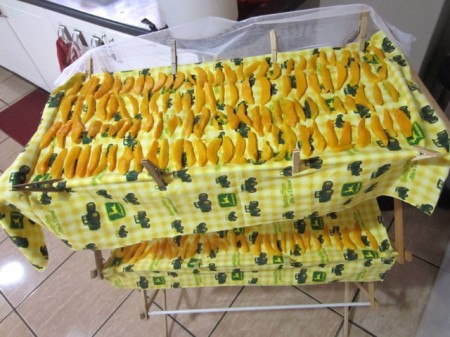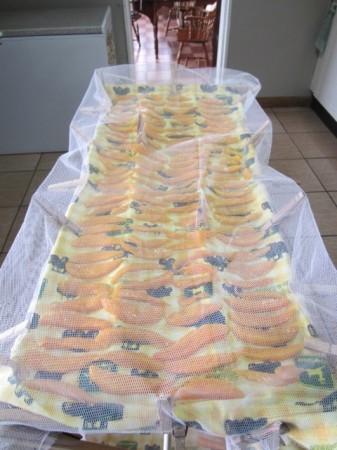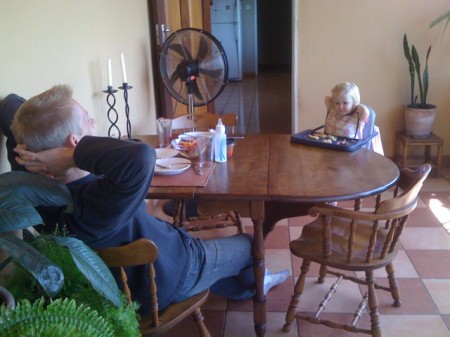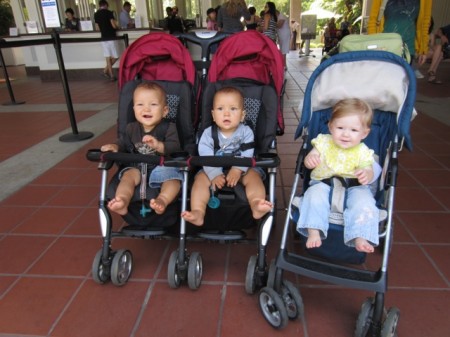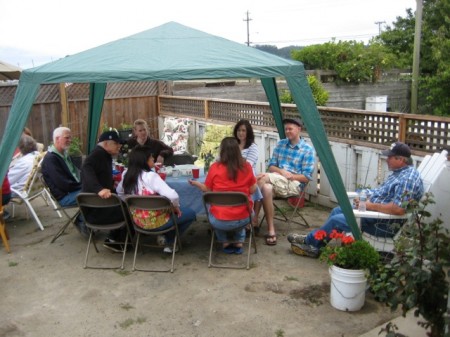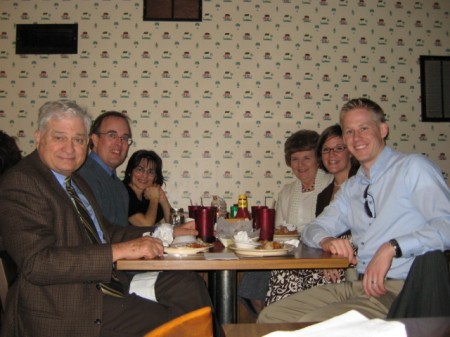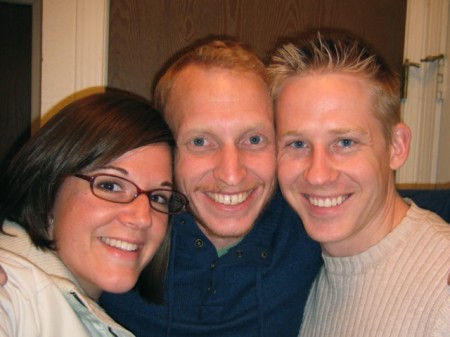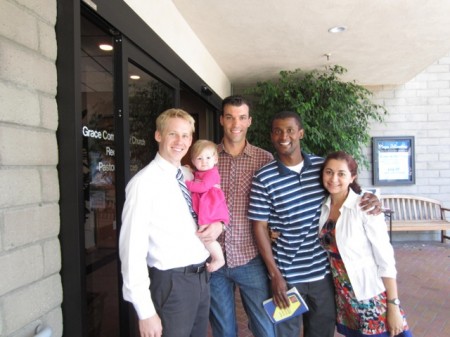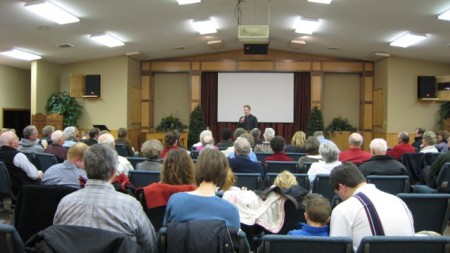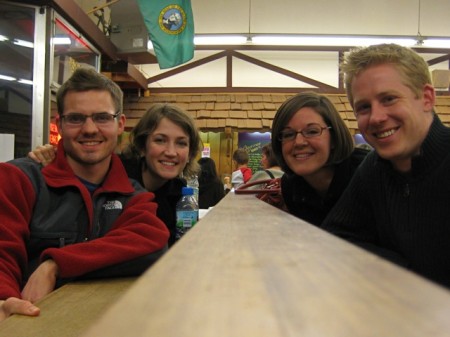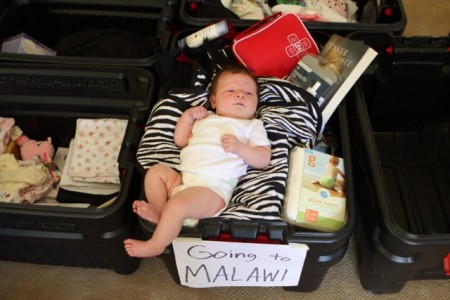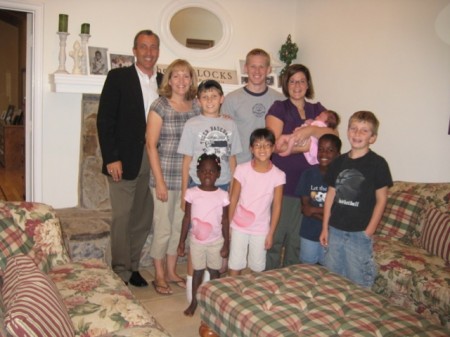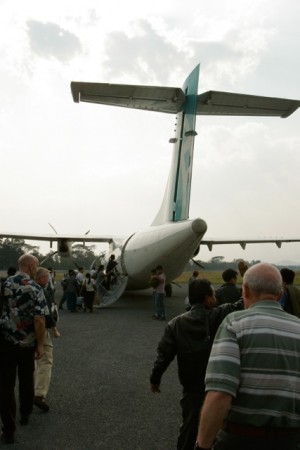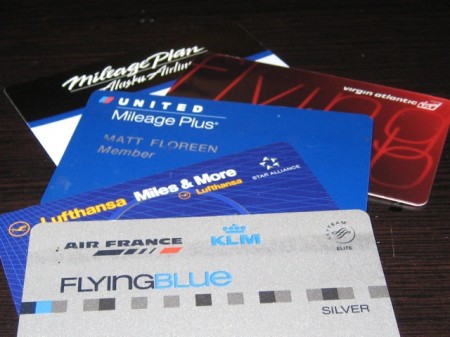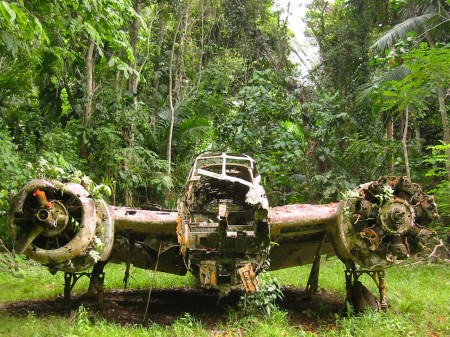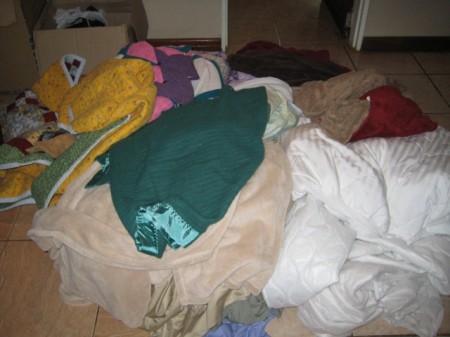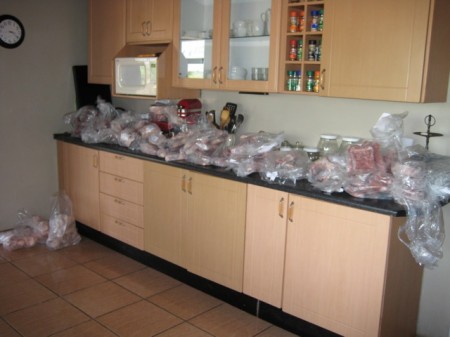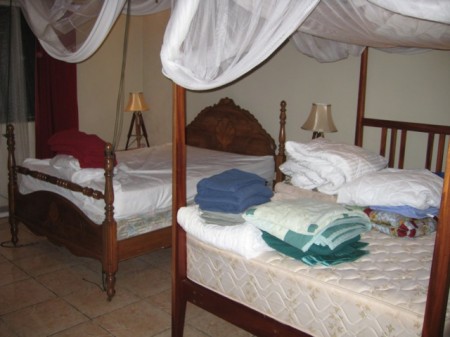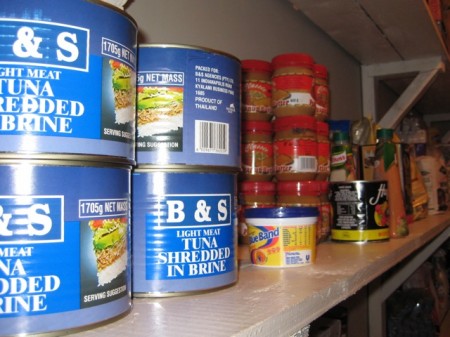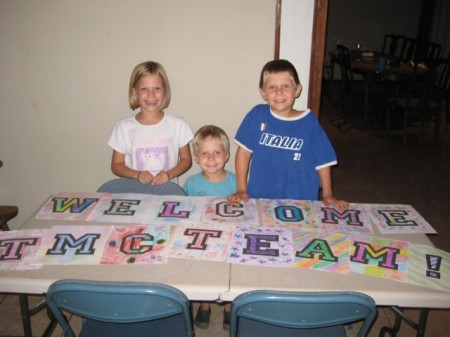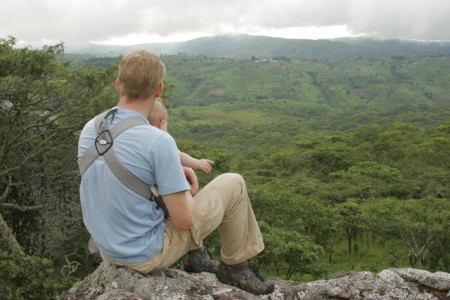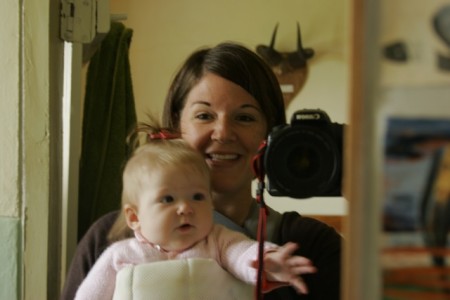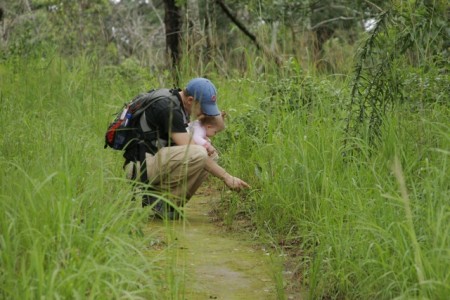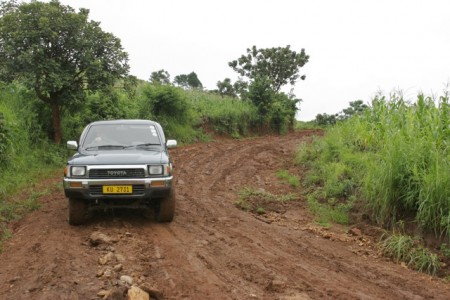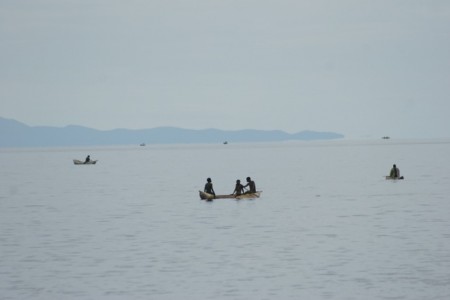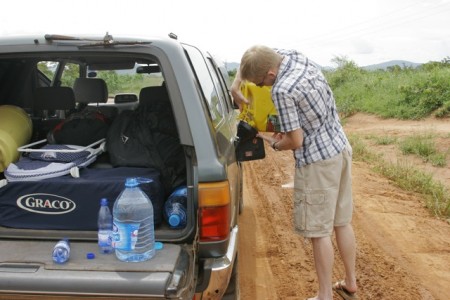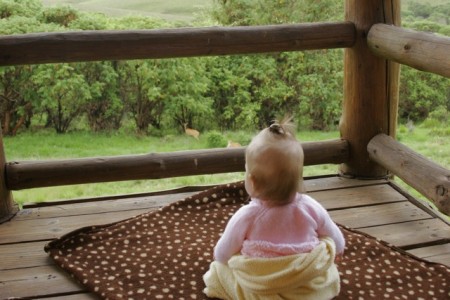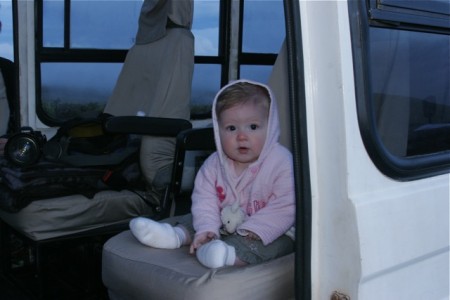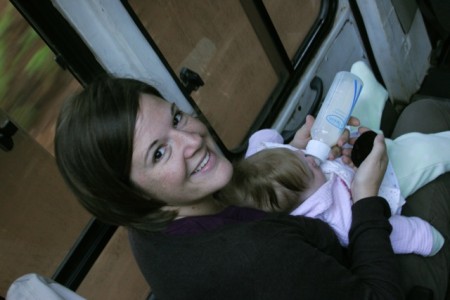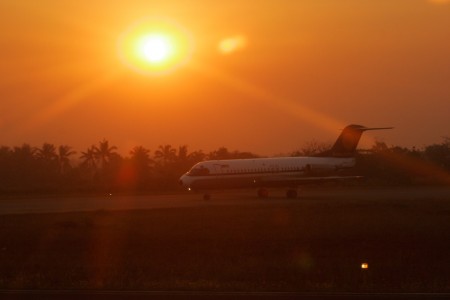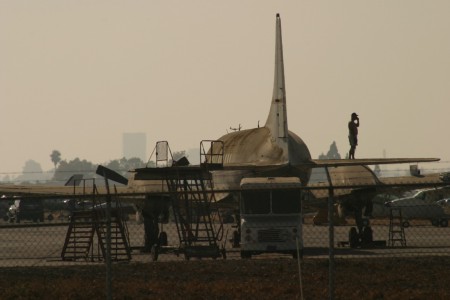(Rachel) For us, coming back to Malawi last September was coming home. During our summer in the US, we both missed things about Malawi… and were glad to return.
For missionaries, diplomats, and other expatriates, “home†can be hard to define. We make our home in a foreign country that is not our own, but we still have our “home country†where people welcome us every few years.
Which is why the IRS says our home address is Matt’s parent’s house in California. But our water bill goes to Area 47, Sector 5 in Lilongwe.
Making “Area 47†feel like home is something we’ve been working on since even before we moved here in May 2009. Our goal is to help our church grow into a self-sustaining, reproducing group of Christ-loving people – and that doesn’t happen overnight. So we didn’t want to come partially committed, camping out for a couple years or until something else came along. We want to be 100% invested here, with the marathon approach, until we’ve worked ourselves out of a job. To do that, we needed to plan to be in Malawi for a while.
Here’s a few ways we’ve been deliberately making Malawi our home:
1. We call it home. It seems like a small thing, but referring to Malawi as “home†reinforces it in our minds. Our vocabulary need to reflect our values, and it also helps remind us of our values.
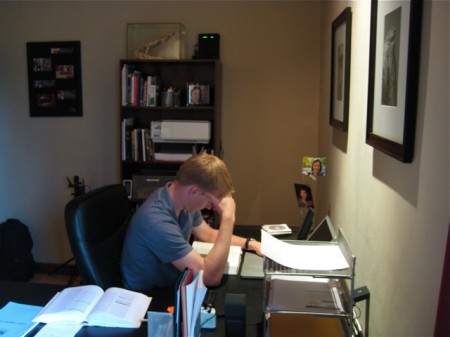
2. We made our house a place where we actually enjoy living. An experienced missionary advised us to bring our furniture from the States, and we’re glad we listened. (Thanks, Todd!) When you have a hard day and nothing goes the way you planned, sometimes it’s just nice to sit on a comfortable couch while you pray about your attitude. =) And we put pictures up on the walls. We’ve both moved around a lot, and it’s a big thing for us to finally put pictures of our families on the walls and know that they’ll be there for a while. All those things make our home a place where we can truly rest, and where we love inviting people.
3. We’ve made friends. We have people involved in our lives here. We’ve let people see the “real us†and we’ve shared life with them. Similarly, we also work harder to remember people we run into in the course of a day because we’ll likely be seeing them again, for many years to come – the cashier at the grocery store, the guy at the gas station who makes reed baskets, etc.
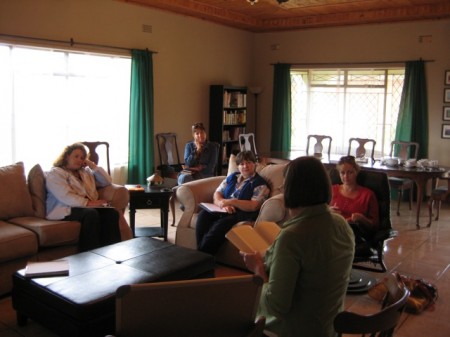
4. We make long-term decisions. Given the choice of a quick patch for our water heater or investing in a new one that will last for years to come, we’ll buy a new water heater. Or when we buy plane tickets to the US, they’re round trip flights originating from Malawi. We know that there are no guarantees (especially with water heaters!), but in general, we try to make decisions based on the assumption that we’ll be here for a long time.
5. We accept difficulties as challenges. We make a conscious determination that we won’t complain about the place that we live, as it’s our home now. It can be a struggle to find the best way to deal with corrupt government officials, what happens if one of our neighbors has a funeral, and how to live in a country that has malaria. But those are real issues our Malawian friends struggle with too, and we embrace those challenges as part of life here.

We temper all these things with the knowledge that this world is not our home and everything about life here could be taken from us at any moment. Africa has a way of reminding you of the uncertainty of this life. Our friends the Pretoriuses help us remember this. They were farmers in Zimbabwe and they had their farm taken from them by the government. They were given mere hours to gather up personal belongings and leave the property where they had invested everything. And this happened to them twice. Today, they have a farm an hour outside of town, with a cosy house and a beautiful garden. One day I asked Rene how she feels about investing time in the garden when she knows that it could be gone in an instant. She said that she can’t live in fear of being deported. Instead, she’ll do what she can to make their home a place where they can comfortably host people until they move, by their choice or the choice of another. Like the Pretoriuses, we hold this concept of home in an open hand.
We do plan to be in Malawi for as long as we can be useful here. And the end goal is not our comfort, but to be better servants. We long for our eternal home, the better city, where all things are made new and we see our Savior face to face. And yet, those eternal desires manifest themselves in earthly ways – like buying a big dinner table and a 4×4. We’re so thankful for the house, neighborhood, and friends the Lord has given us as a platform from which to serve. It’s good to be home.
